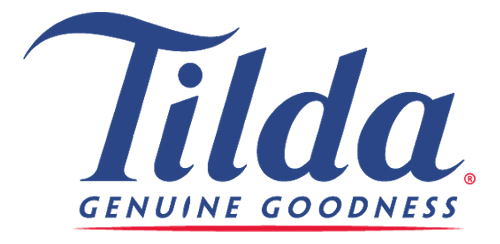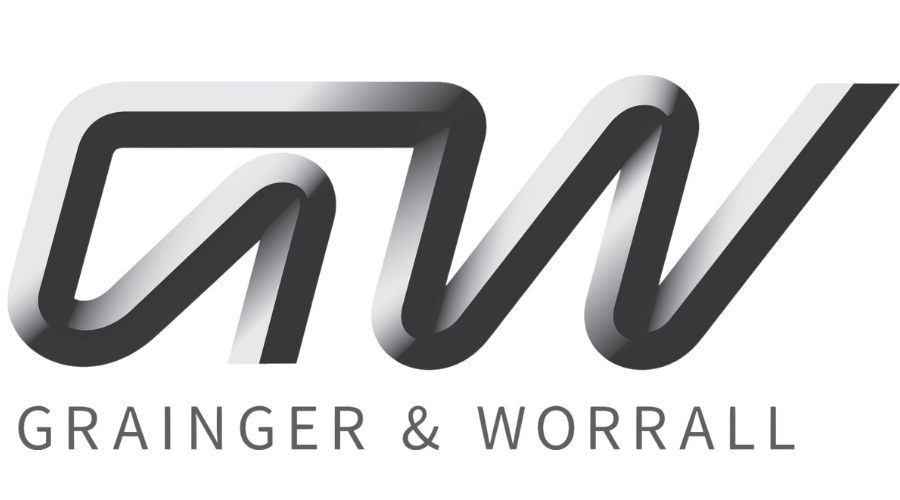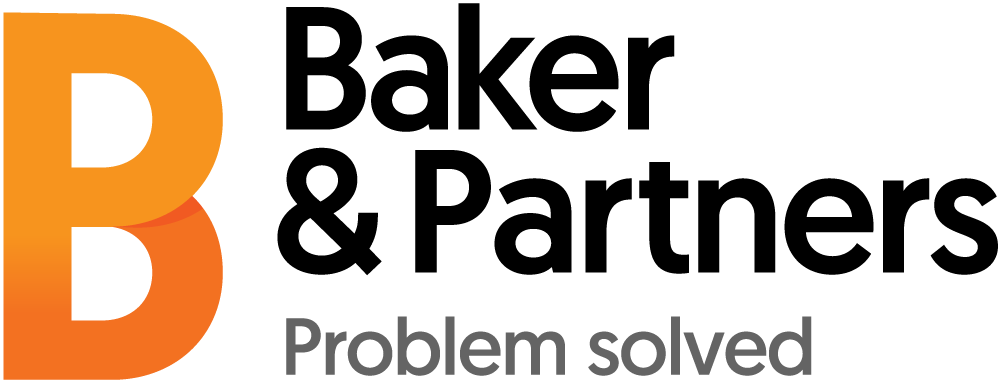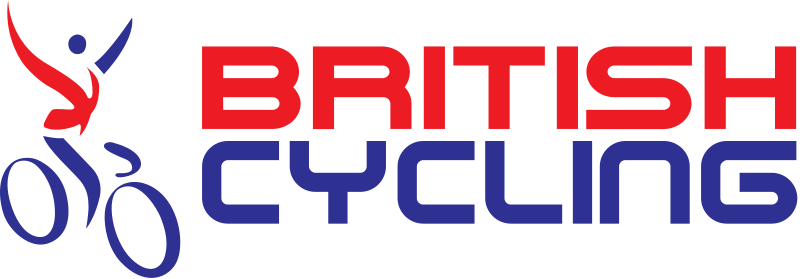Why HR Analytics Matter: Making Data-Driven Decisions for Your Business
As businesses become increasingly data-driven, HR analytics has emerged as a powerful tool for HR professionals to make informed and strategic decisions. HR analytics refers to the process of using data to gain insights into HR metrics such as employee turnover, recruitment costs, and performance metrics. In this blog post, we'll discuss why HR analytics matters and how it can help businesses make data-driven decisions.
-
Identify Trends and Patterns
One of the primary benefits of HR analytics is that it allows businesses to identify trends and patterns within their workforce. For example, by analyzing employee turnover rates, a business can identify departments or positions with higher turnover and take steps to address underlying issues. Similarly, by analyzing performance metrics, businesses can identify high-performing employees and develop strategies to retain and incentivize them.
-
Measure HR Performance
HR analytics can also help measure HR performance. By tracking key HR metrics such as recruitment costs, time-to-hire, and employee engagement, businesses can evaluate the effectiveness of their HR strategies and make data-driven decisions about where to allocate resources. This allows businesses to optimize HR performance and ensure that their HR strategies are aligned with broader business goals.
-
Forecast Future Trends
Another advantage of HR analytics is that it can help businesses forecast future trends. By analyzing historical data, businesses can identify patterns and predict future trends, such as staffing needs or potential turnover. This allows businesses to be proactive in addressing potential issues and planning for the future.
-
Evaluate the Impact of HR Initiatives
HR analytics can also help businesses evaluate the impact of HR initiatives. By tracking metrics before and after implementing an HR initiative, businesses can determine its effectiveness and make adjustments as needed. This allows businesses to optimize their HR strategies and ensure that their initiatives are aligned with broader business goals.
In conclusion, HR analytics is a powerful tool for businesses to make data-driven decisions about their HR strategies. By identifying trends and patterns, measuring HR performance, forecasting future trends, and evaluating the impact of HR initiatives, businesses can optimize their HR strategies and ensure that they are aligned with broader business goals. By utilizing HealthBoxHR, It only takes a matter of minutes to develop and export detailed intuitive reports, giving you more time to analyse and take proactive action gaining a competitive edge in the ever-evolving business landscape.































